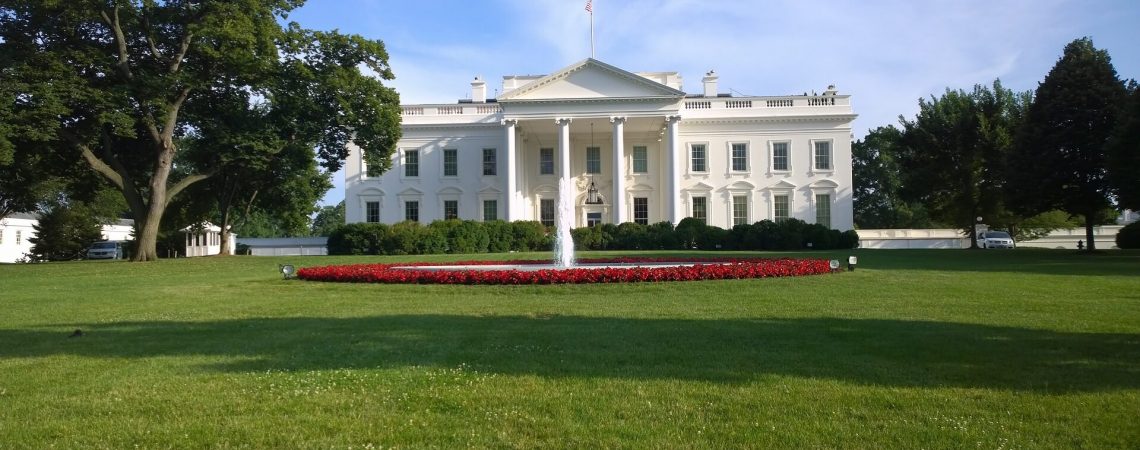The Trump administration shut down a key clinical guidelines website on Monday, and industry experts have decried the move.
The Department of Health and Human Services revealed on May 14 that it intended to close to the National Guideline Clearinghouse, a part of the Agency for Healthcare Research and Quality (AHRQ), and posted a second notice last week to reiterate the decision.
Budget concerns at AHRQ were cited as the main reason for shutting down the site, which offers clinical guidelines about countless conditions and sees more than 200,000 visitors per month.
“The difficult decision to shutter the NGC was made by AHRQ’s leadership in response to our current budget, and the expiration of funding that supported the NGC,” Alison Hunt, AHRQ spokesperson, told FierceHealthcare.
Hunt said AHRQ will keep a backup of the data previously housed in the NGC, and is “exploring options” to sustain the clearinghouse.
AHRQ has been a target for cost-cutting efforts in the Trump White House, which proposed shuttering the agency entirely.
RELATED: Agency for Healthcare Research and Quality a potential casualty of Trump budget cuts
Leading figures in the industry have slammed the decision on social media since the second notice was posted last week.
Atul Gawande, M.D., a famed surgeon and author who has been tapped to head Amazon, JPMorgan Chase and Berkshire Hathaway’s healthcare venture, said closing the clearinghouse is an “astonishing and unconscionable blow for access to scientific information.”
Valerie King, M.D., director of research at the Center for Evidence Based Policy at Oregon Health and Science University, said in a tweet that eliminating the NGC is “saving pennies to cost millions.”
“There’s a whole lotta scrambling to save/recreate something that would have taken pennies to maintain,” King said in a second tweet.
RELATED: Decline in hospital-acquired infections saved 8,000 lives and $2.9B, AHRQ says
In response to the NGC shutdown, the medical community has launched petitions to reinstate it and has been teaming with volunteers to clone the site.
In addition, ECRI Institute, an independent nonprofit that built and maintained the clearinghouse, announced Tuesday that it would continue to provide clinical guidelines.
The institute said it will launch a guidance resource that houses “current, properly vetted evidence-based clinical practice guideline summaries and other information.” The first version of the resource site will allow clinicians to search ECRI summaries of available guidance and will be updated to be more user-friendly and offer decision-making support.
“Not all guidelines are created equal. Clinicians want to know what stands behind a particular recommendation, and whether they can trust that recommendation,” Jane Jue, M.D., ECRI’s medical director, said in the announcement. “Trustworthy guidance is the real value we will be providing.”


